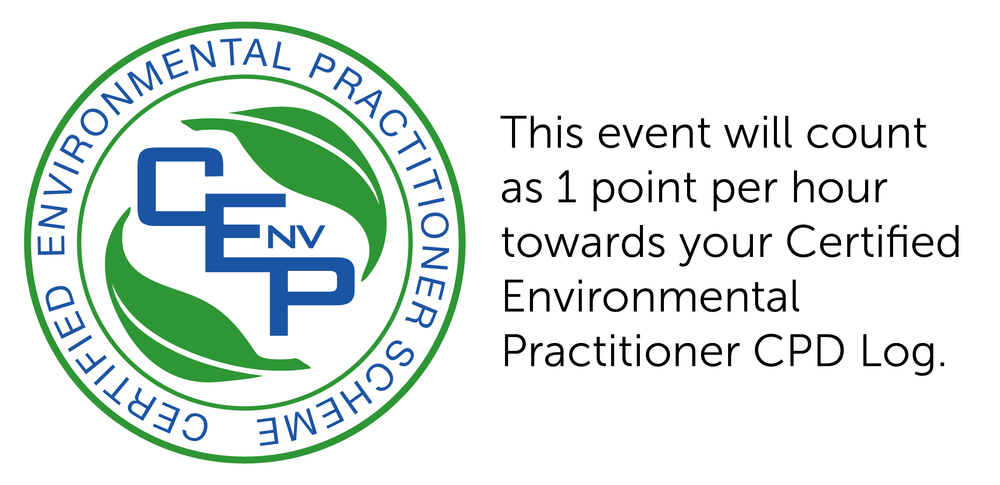-
Member Login
- Home
- About
- Institute Groups
- Membership
- Events
- News & Publications
- Institute Programs
- Resources
- Jobs Board
- Contact Us
- Site Info
Webinar | Is it possible to enhance biodiversity while expanding linear infrastructure?
With the announcement that the Olympic Games will be held in SEQ in 2032, planning for infrastructure is now forefront of mind. Additional development will be necessary to connect athletes, visitors and spectators with the various sporting venues and athletes villages – including through the construction of new and expanded linear infrastructure. As we travel on the road and rail networks that extend across the landscape in all countries we are usually oblivious to their presence. Yet, at a global level, they are the largest human artefacts ever constructed, and they continue to expand and intensify. This vast network is an invaluable mode of connecting human activities but is a source of profound disconnection for the natural work. Linear infrastructure such as roads everywhere dissect and fragment habitats, making movements across the landscape dangerous or impossible. As a result, many species have been isolated and separated from other populations, greatly increasing the risk of local extinction. The new hybrid field of road ecology seeks to address this global problem. By combining the approaches and insights of ecologists, planners, transport engineers, and policy makers, remarkable ways of overcoming the barrier of linear infrastructure and enabling wildlife to move safely throughout the landscape have been developed. This talk will describe the latest examples of these innovations from around the world.
Meet the Speaker:
Professor Emeritus Darryl Jones
Darryl Jones is one of the most experienced road ecologists working in Australia. Commencing with the now internationally renowned Compton Road Fauna Crossings Array in southern Brisbane in 2004, he has been actively engaged in many road ecology projects ever since. He has undertaken contract research for Brisbane City Council, Redland City Council, Moreton Bat Regional Council, City of Gold Coast, Logan City Council, Queensland Transport and Main Roads, Transurban and Leighton Abigroup. In addition to his applied research activities, he has published over 180 scientific papers (35 on the impacts of roads on biodiversity) and has just completed the first popular science book to look at global road ecology. Much of this work has been focussed on evaluations of wildlife crossings structures. Along with Rodney van der Ree, he is a co-founder of the Australasian Network for Transportation and Ecology, and serves on the Scientific Expert Committee of IENE, the main international organisation for road ecology.
This webinar will run on Australian Eastern Standard Time (AEST).
CPD Points

Event details
When:
20 October 2021
12:30 PM
- 1:30 PM
Where: Webinar
Cost: $35 EIANZ Members, $55 Non-members, $10 EIANZ Student members
Contact: Enquiries via +61 3 8593 4140 or office@eianz.org
Register now and secure your attendance
Event date has passed
We acknowledge and value the rights and interests of Indigenous Peoples in the protection and management of environmental values through their involvement in decisions and processes, and the application of traditional Indigenous knowledge.

